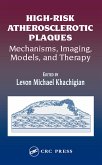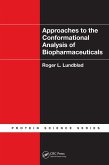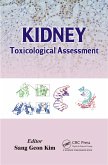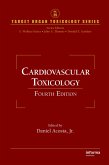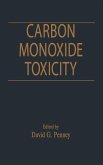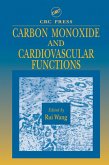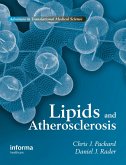Vulnerable plaques are associated with inflammation, apoptosis, rupture, and thrombosis. A detailed understanding of the cellular and molecular pathogenesis of high-risk plaques, together with the ability to visualize and diagnose the lesions, will lead to effective treatments for acute coronary syndromes. High-Risk Atherosclerotic Plaques: Mechanisms, Imaging, Models, and Therapy brings together timely, authoritative in-depth reviews by renowned international cardiologists and scientists covering the definition, structure, cellular and molecular mechanisms of high risk plaque development, animal models of vulnerable plaque, plaque imaging, and current and future therapies.
Dieser Download kann aus rechtlichen Gründen nur mit Rechnungsadresse in A, B, BG, CY, CZ, D, DK, EW, E, FIN, F, GR, HR, H, IRL, I, LT, L, LR, M, NL, PL, P, R, S, SLO, SK ausgeliefert werden.



